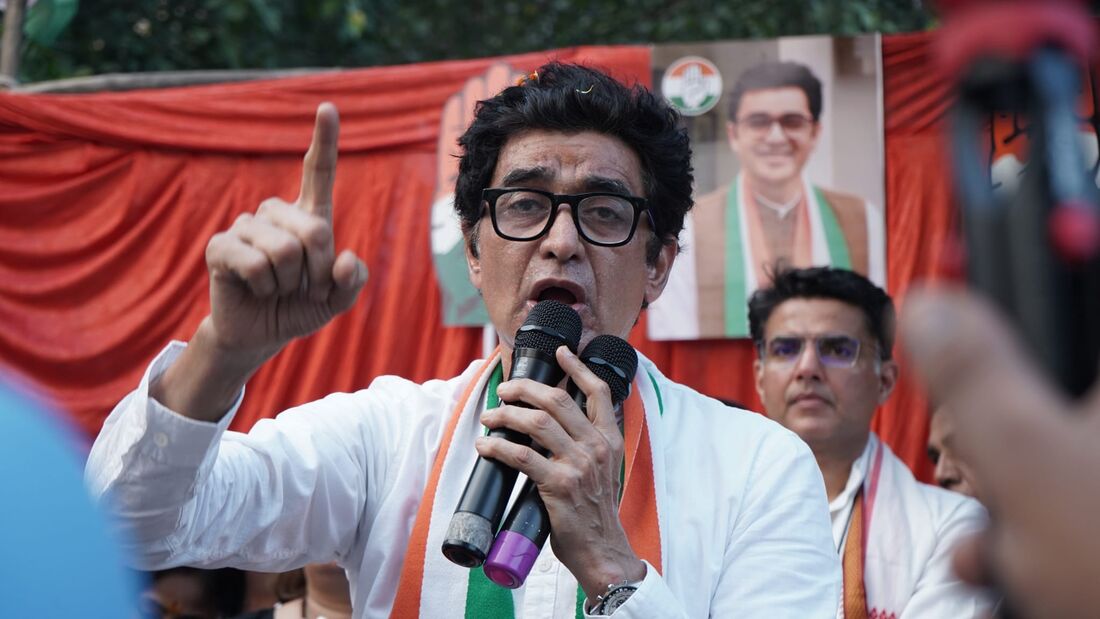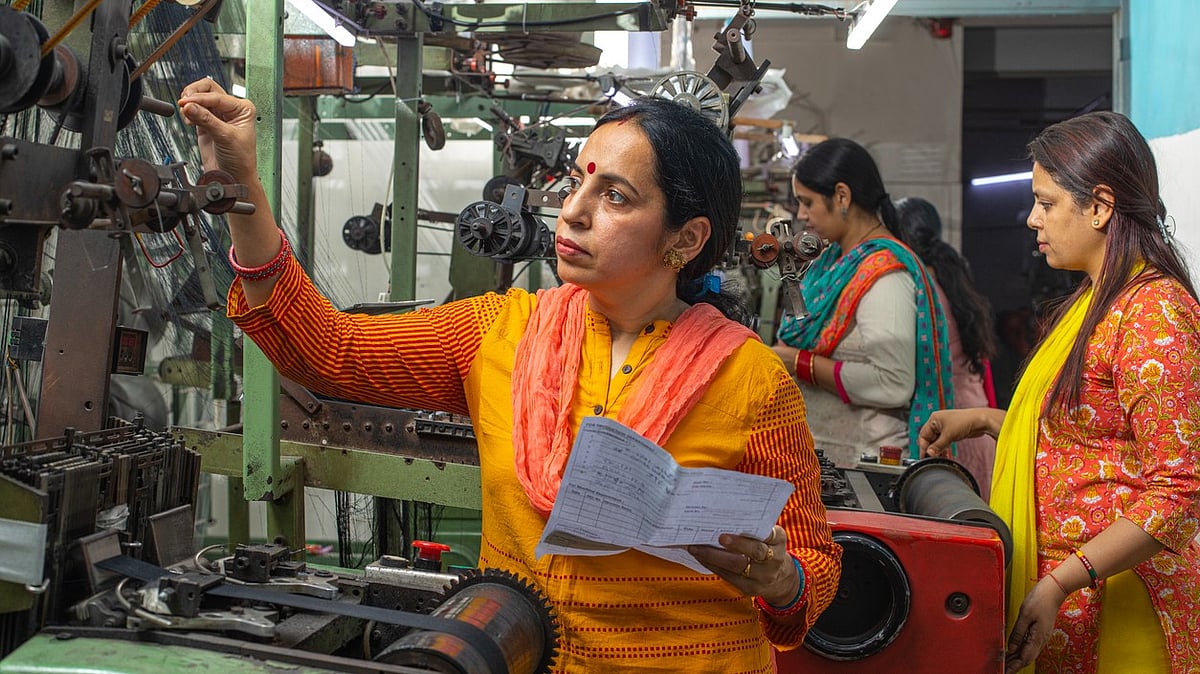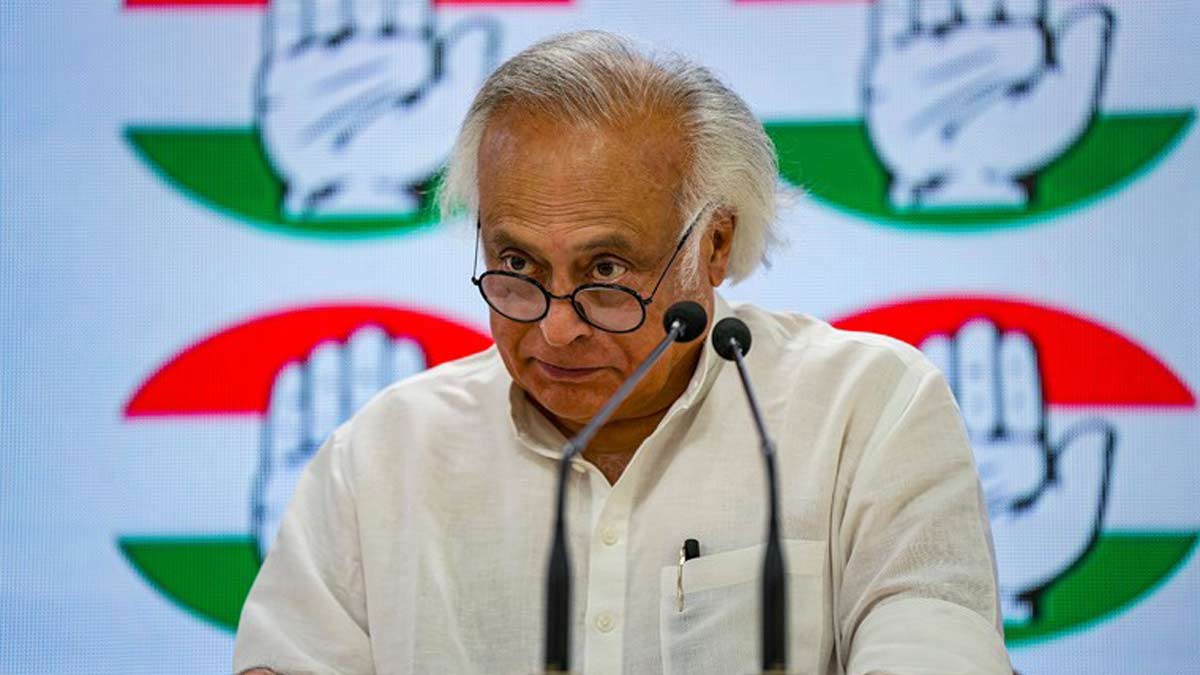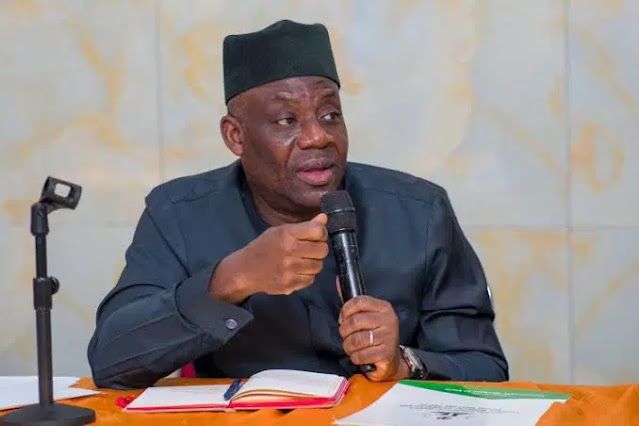Agencies and KalimNews | July 3, 2025 : A political firestorm has erupted nationwide—and especially in Sikkim—after senior Congress leader and former IPS officer Dr. Ajoy Kumar, during a press conference held at the All India Congress Committee (AICC) headquarters on July 1, referred to Sikkim as a “neighbouring country.” The comment, made while he was addressing media on unrelated national issues, has triggered intense backlash, particularly because it came just as Sikkim is proudly celebrating the 50th anniversary of its merger with India in 1975.
The controversial remark was made in the same breath as references to Bangladesh, Nepal, and Sri Lanka. Although Dr. Kumar later issued an apology and described his comment as an unintentional “slip of the tongue” during his remarks about deteriorating relations with India’s neighbours, the damage had already been done. The backlash was swift, severe, and widespread, with political leaders across party lines and from across the country expressing condemnation.
Bharatiya Janata Party (BJP) was among the first to pounce on the remark. Party spokesperson Shehzad Poonawalla did not mince words, accusing the Congress of harbouring separatist tendencies. He alleged that the Congress was acting like a “Jinnahwadi” party, recalling historical instances of the party’s alleged disregard for the Northeast, including controversial decisions from the 1960s. “Calling Sikkim a neighbouring country is not just an insult to the state but to the entire Northeast,” Poonawalla asserted, invoking history to suggest a recurring pattern of alienation.
Raju Bista, Darjeeling MP and national BJP spokesperson, issued a scathing rebuke, calling the statement not a mere gaffe but either a product of “deep ignorance” or “a deliberate attempt to provoke.” Bista highlighted the symbolic significance of the timing, stating, “To refer to Sikkim as a ‘neighbouring country’ on the 50th anniversary of its statehood is not just factually wrong—it is a direct attack on the identity of every Sikkimese who proudly calls themselves Indian.” Bista also hinted at a broader concern, questioning whether this was tied to the Congress’s alleged past engagements with the Chinese Communist Party.
Sikkim’s Lok Sabha MP Indra Hang Subba joined the condemnation, calling the remark “irresponsible and insulting” and “a grave affront to the people of Sikkim, who have always stood with unwavering loyalty to the nation.” Rajya Sabha MP D.T. Lepcha described the statement as “unfortunate and unacceptable.” Both MPs demanded an official apology from the Congress leadership and questioned how a leader of such seniority could display such ignorance regarding the nation’s geography.
The Sikkim Krantikari Morcha (SKM), the ruling party in the state, also issued a forceful statement. Press Secretary to Chief Minister Prem Singh Tamang (Golay), Yougan Tamang, said, “Such a lack of knowledge about Sikkim, its geography, and its history from a national party spokesperson is deeply unfortunate. This statement has hurt the sentiments of Sikkimese citizens.” He further urged the Congress leadership to take disciplinary action against Dr. Kumar, warning that national leaders must act responsibly and refrain from comments that could harm national unity or mislead the public.
SKM spokesperson Jacob Khaling called the remark “factually incorrect, deeply offensive and bordering on anti-national.” He accused Dr. Kumar of undermining the sovereignty of an Indian state and stated firmly that Sikkim is an inseparable part of India with a proud legacy of loyalty to the nation. “Such divisive rhetoric reflects a profound ignorance of Sikkim’s constitutional integration and disrespects the proud identity of the Northeast,” Khaling added. While acknowledging Dr. Kumar’s apology, Khaling maintained that the incident was too grave to dismiss as a mere verbal slip and called for full accountability.
Niren Bhandari, the media in-charge of BJP Sikkim, called the statement “a serious insult” and expressed disbelief at how a senior national figure with credentials such as being a former IPS officer and MP could make such a fundamental error. He called for immediate and unconditional apologies and asserted that such rhetoric disrespects Sikkim’s historic and constitutional journey into the Indian Union.
The Citizens Action Party (CAP) also issued a strong response. CAP General Secretary Prakash Parajuli described the statement as “truly irresponsible” and “disgraceful,” particularly in the context of Sikkim’s golden jubilee celebration as part of India. “Despite being fully committed and loyal to India, the people of Sikkim have been wronged by such a statement,” he said.
In his apology, issued via a statement on social media platform X (formerly Twitter), Dr. Ajoy Kumar reiterated that it was a “small human error.” He attempted to steer attention back to the primary topic of his press conference—the alleged ₹400 crore SAIL (Steel Authority of India Limited) scam—but critics across the political spectrum found this redirection unsatisfactory. “BJP is planning to hold a press conference on this small human error,” he said, challenging them instead to address pressing national issues.
Nevertheless, the BJP persisted in keeping the issue in the spotlight. Poonawalla again took to the media, asserting that Congress’s attitude was reminiscent of Jinnah’s divisive ideology. “Just like Jinnah wanted the division of India, the Congress wants ‘tukde tukde’ of Bharat,” he alleged, further escalating the political rhetoric.
The episode has reignited a long-standing discourse about the mainstream Indian political establishment’s recurring lack of sensitivity toward the Northeast. Many civil society voices and public commentators have urged national parties to educate their leaders on the region’s geography, history, and invaluable contributions to the nation.
While Dr. Kumar’s apology has been acknowledged, the widespread consensus remains that the remark was both avoidable and deeply disrespectful. As Sikkim continues its golden jubilee celebrations of being an integral part of the Republic of India, leaders across the spectrum have called for national unity, factual integrity, and greater responsibility from those who represent the people.









